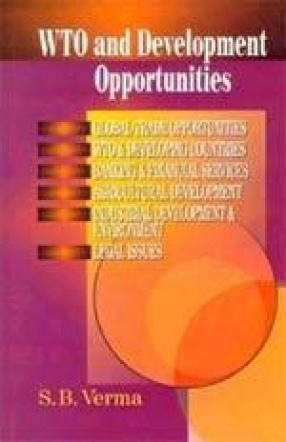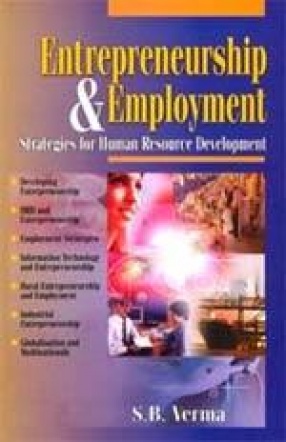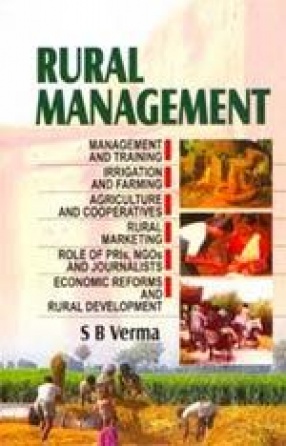WTO and Development Opportunities
Synopsis
The developing countries have the onerous task of maintaining a fine balance between the conditionalities of WTO and protecting the domestic industry from the onslaught of imports. India has been liberalizing quite rapidly since 1991 and the domestic industry has been adjusting to the changes brought about by the process of liberalization and globalization. However, the extent of changes that have been seen till now may be surpassed once the full body of agreements in the WTO comes into force. The WTO, besides providing for an opportunity to continued liberalization, expansion of multilateral trade and for negotiations on trade related matters also develops rules and disciplines for trade. It also reviews the trade policies of the member countries. However, the most important functions of the WTO is to exercise surveillance on the implementation of the various arrangements. For this the WTO has a strong institutional framework. It ensures the compliance of the undertaking given by the member countries. A strong and effective multilateral grievance settlement mechanism has been developed by the WTO. India has to modulate different legal and procedural provisions to match the WTO guidelines. Which in turn are likely to affect the domestic, social and business systems in operation. It the changes are too fast, social resistance may build up and to prevent such a possibility, the government has the delicate task of balancing WTO requirements with adequate protection to domestic compulsions.
Read more
36.00
32.4
$
40.00 $
Free delivery Wolrdwidе in 10-18 days
Ships in 1-2 days from New Delhi
Membership for 1 Year $35.00
Get it now and save 10%
Get it now and save 10%
BECOME A MEMBER
Books by the same author











Bibliographic information